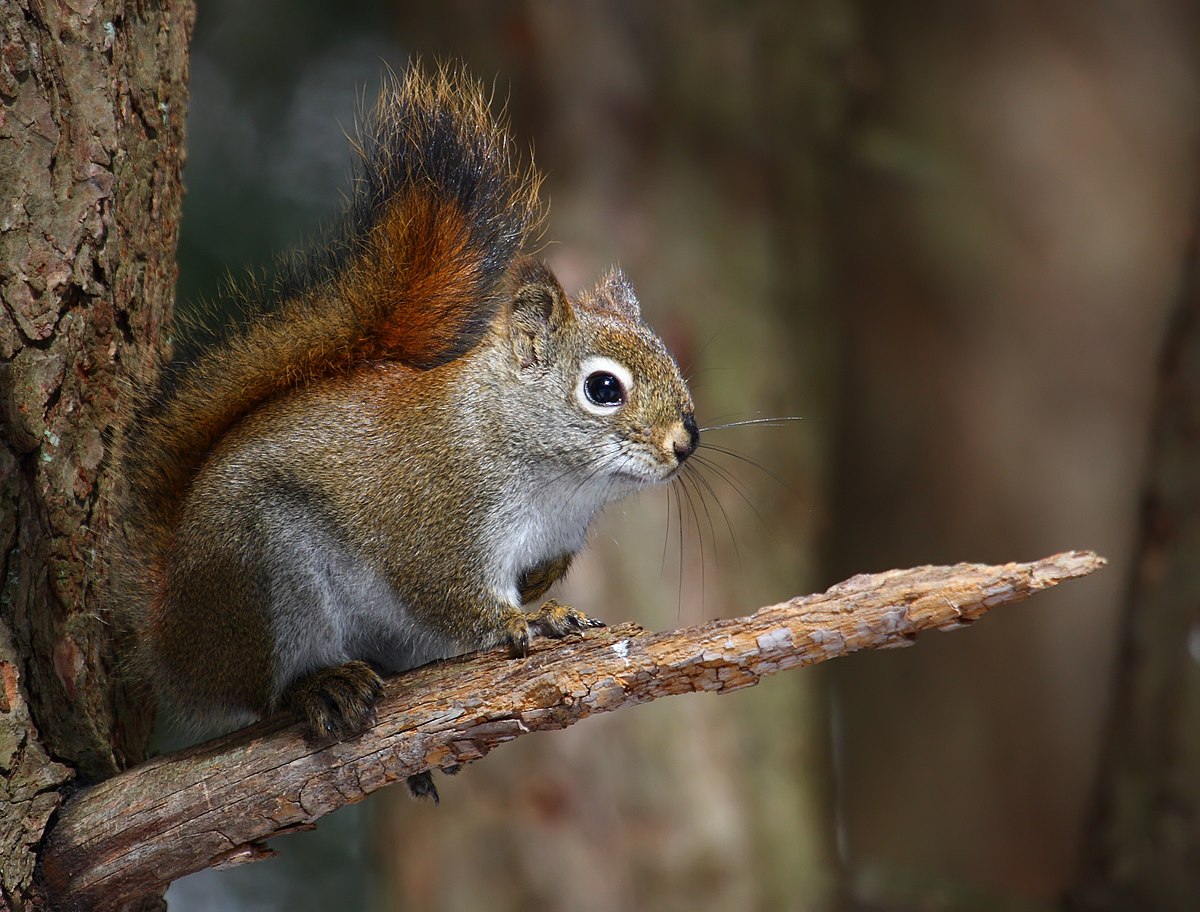Steve Babbs
Well-known member
Well there is a whole existential issue about whether things 'matter' but, from a conservation point of view, yes.I tend to support the theory that the ability to out compete is/was a prime factore, but really, does it matter which caused the decline?













